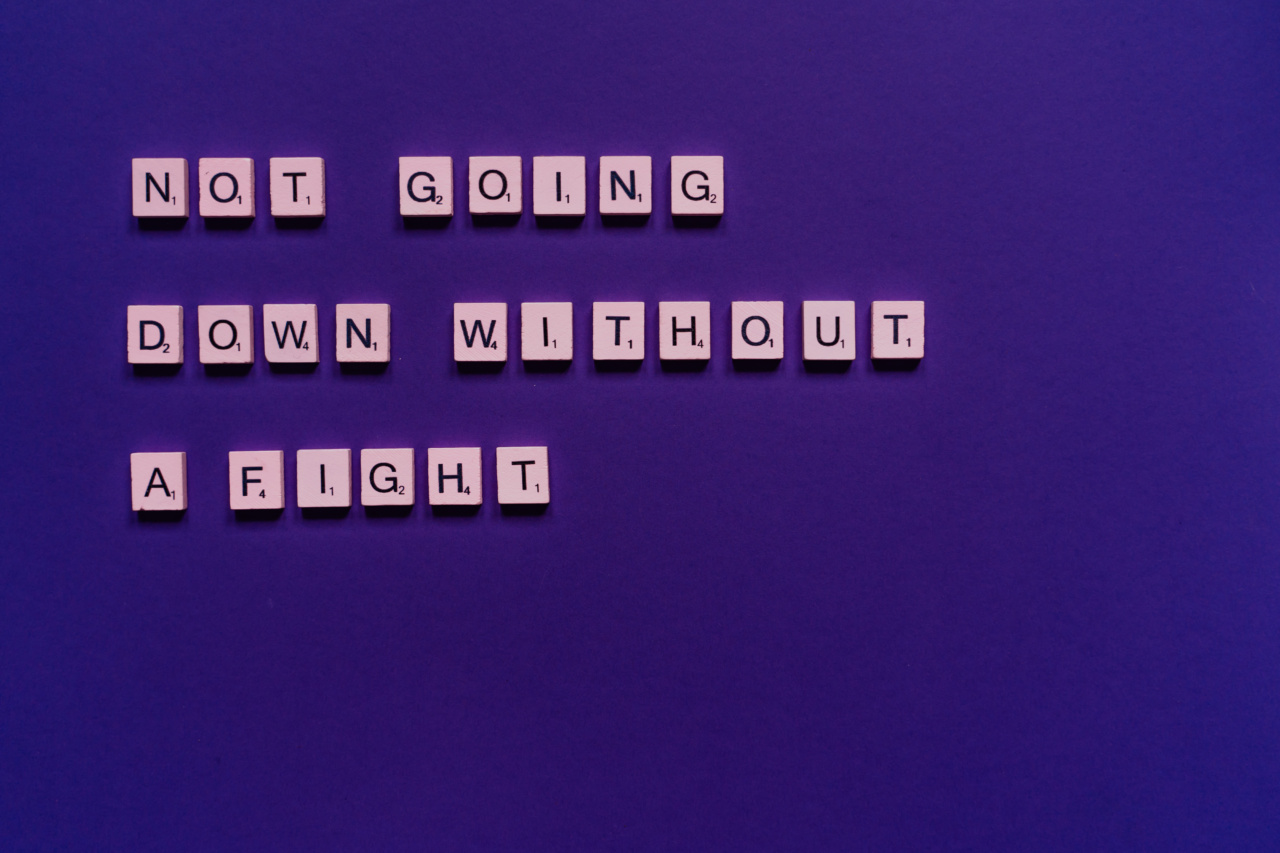It’s not uncommon to wake up once or twice during the night to use the bathroom. However, if you find yourself getting up more frequently than that, it could be a sign of a condition known as nocturia.
Nocturia is defined as the need to wake up at least two or more times during the night to urinate. While it may seem like a harmless inconvenience, nocturia can sometimes be an indication of an underlying health problem. In this article, we will explore some of the health issues that may be associated with nocturia and how to address them.
1. Urinary Tract Infections (UTIs)
Urinary tract infections (UTIs) are one of the most common causes of nocturia. UTIs occur when bacteria enter the urinary tract and multiply, leading to inflammation and infection.
Nocturia associated with UTIs is often accompanied by other symptoms such as a frequent urge to urinate, burning sensation during urination, and cloudy or bloody urine. If you suspect a UTI, it is essential to consult a healthcare professional who can prescribe antibiotics to treat the infection.
2. Overactive Bladder (OAB)
Overactive bladder (OAB) is a condition characterized by a sudden and frequent urge to urinate. People with OAB may experience nocturia as a result of the urge to urinate disrupting their sleep.
OAB can be caused by various factors, including weak bladder muscles, nerve damage, or medications. Treatment options for OAB include lifestyle modifications, such as bladder training exercises, dietary changes, and medications to control bladder spasms.
3. Diabetes
Nocturia can also be a symptom of diabetes, particularly uncontrolled diabetes. Diabetes affects the body’s ability to regulate blood sugar levels, leading to increased thirst and urination.
The excess sugar in the bloodstream can cause the kidneys to filter more fluid, which results in increased urine production and nocturia. If you have nocturia along with other diabetes symptoms like frequent thirst, unexplained weight loss, and fatigue, it is crucial to consult a healthcare professional for proper diagnosis and management of diabetes.
4. Chronic Kidney Disease (CKD)
Chronic kidney disease (CKD) is a gradual loss of kidney function over time. Nocturia can occur in CKD due to the kidneys’ reduced ability to concentrate urine properly. CKD also leads to increased fluid accumulation in the body, causing nocturia.
If you have CKD, managing your fluid intake and working closely with a healthcare professional can help minimize the impact of nocturia on your sleep and overall health.
5. Sleep Apnea
Sleep apnea is a sleep disorder characterized by interrupted breathing during sleep. It can cause frequent awakenings during the night, leading to nocturia.
Sleep apnea affects the oxygen levels in the body, triggering a response that increases urine production.
If you experience nocturia along with symptoms like loud snoring, daytime sleepiness despite adequate sleep, or witnessed episodes of interrupted breathing, it is important to consult a sleep specialist for a proper diagnosis and appropriate treatment.
6. Heart Conditions
Certain heart conditions can contribute to nocturia. For instance, congestive heart failure can cause fluid to accumulate in the lower extremities during the day, which is then reabsorbed into the bloodstream when lying down at night.
This excess fluid subsequently leads to increased urine production and nocturia. Other heart conditions affecting the heart’s pumping ability may also contribute to nocturia. If you have existing heart problems and nocturia, discussing your symptoms with a healthcare professional is essential for appropriate management.
7. Medications
Several medications can cause or worsen nocturia. Diuretics, commonly prescribed for conditions like high blood pressure or heart failure, increase urine production and may cause nocturia.
Other medications such as antihistamines, antidepressants, and sedatives can also disrupt sleep patterns and contribute to nocturia. If you suspect that your medication may be causing your nocturia, consult your healthcare professional to explore alternative options.
8. Prostate Problems
Nocturia is often encountered in men with prostate problems, such as an enlarged prostate (benign prostatic hyperplasia) or prostate cancer.
The enlarged prostate can obstruct the normal flow of urine, leading to increased urinary frequency, including nocturia. If you are a male experiencing nocturia alongside other prostate-related symptoms like weak urine flow, difficulty starting or stopping urination, or blood in urine, seeking medical advice is crucial for proper evaluation and management.
9. Aging
Nocturia tends to become more common with age, particularly in older adults.
Various factors contribute to this, including a decrease in bladder capacity, changes in hormone levels, and an increased risk of developing other medical conditions associated with nocturia. While some degree of nocturia may be considered a normal part of aging, persistent or bothersome nocturia should still be assessed by a healthcare professional to rule out underlying health issues.
10. Sleep Disorders
Several sleep disorders can contribute to or exacerbate nocturia. Conditions like insomnia, restless legs syndrome, and circadian rhythm disorders can disrupt sleep and increase nighttime awakenings, leading to nocturia.
Treating the underlying sleep disorder often helps in managing nocturia. If you suspect a sleep disorder is contributing to your nocturia, consulting a sleep specialist can provide the necessary guidance for diagnosis and treatment.






























